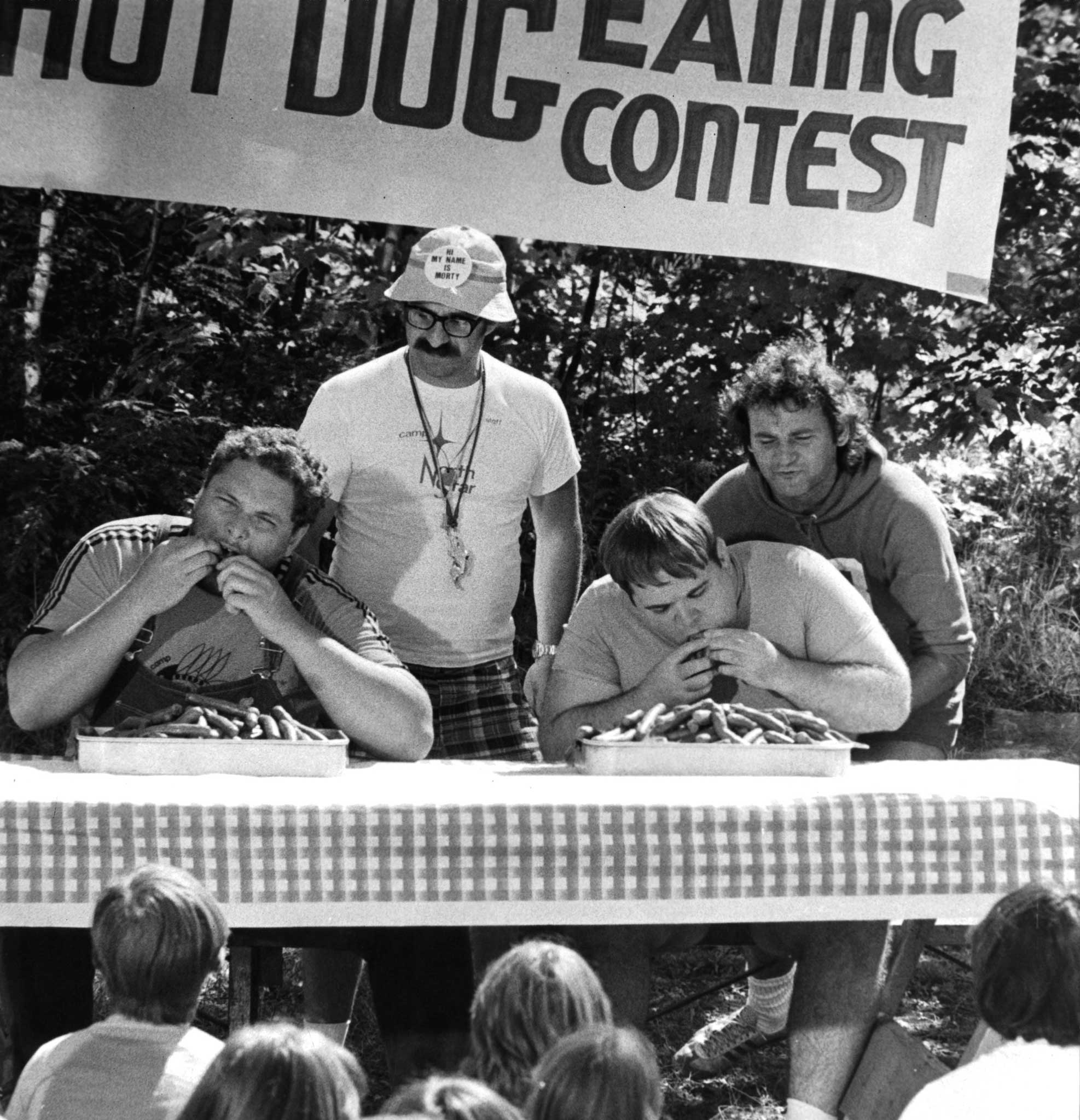Think Like a Freak: How To Think Smarter About Almost Everything! by Steven D Levitt and Stephen J Dubner, book review
The Freak series returns, this time as a guide to making good decisions

This third book in the Freak series differs from the bestselling Freakonomics and Super-freakonomics: here, Steven Levitt and Stephen Dubner are prescriptive. They quote George Bernard Shaw – "Few people think more than two or three times a year. I have made an international reputation by thinking once or twice a week."
Too many people, they say, are too busy to spend any time thinking. But they should. And although there isn't a right or wrong way to think about solving a problem, what is important is to depend on data – facts and figures – and also to understand how the world works in order to make decisions, rather than relying on prejudices, biases, or running with the herd. This is music to my ears, having previously spent years in Whitehall advocating evidence-based policies rather than policy-based evidence.
But what is evidence? There is so much in life which isn't clear and which does not allow us to make the right decision or even any decision at all. Data is often partial and incomplete, prone to manipulation and frequent revisions. Worse, it is frequently presented as solid and irrefutable, which it rarely is. Many of the current big debates in the UK fall into this refutable category – should we stay in Europe, how to best deal with climate change, HS2, airport expansion. In many cases, we just don't know –and as the authors say, we find it very hard to admit this. Levitt and Dubner marvel at how little information people have on which to base decisions, including the hugely important ones, such as what job one should do. Surely, evidence in terms of career paths, earnings and indicators of job satisfaction should all be out there. And yet we know it often isn't.
So most people make decisions based on incomplete data, prejudices, their environment or peer and family pressure. Moreover, because they often have little idea of the impact, or import, of their choices, they leave others to make decisions for them. The authors describe how, in a controlled experiment, and with the agreement of those involved, dilemmas were resolved with the toss of a coin to such questions as: "Shall I leave my girlfriend?" . A considerable percentage accepted a random outcome and professed themselves to be happy with the choice that was made for them!
The book's coverage of issues is wide – from how to win a hot dog eating competition to an analysis of how the Nigerian email scam works and how to flush out potential terrorists. My favourite chapter heading asks: "What do King Solomon and David Lee Roth (the rock frontman) have in common?"
But it is a difficult book to like for its complacency and gimmicky nature. Their definition of "thinking like a freak" reads like something out of Private Eye's "Pseuds Corner": "The modern world demands that we all think a bit more productively, more creatively, more rationally; that we think from a different angle, with a different set of muscles, with a different set of expectations; that we think with neither fear nor favour, with neither blind optimism nor sour scepticism. That we think like – ahem – a Freak.''
The easiest way to deal with this book is to accept the authors' semi- serious suggestion that it could be viewed as a "self-help" book on how to make decisions and get better outcomes.
For all the book's failings, the authors redeem themselves in my eyes by recounting a very amusing encounter with David Cameron, who they met just before the last election and who "looked to be exactly the sort of man whom deans at Eton and Oxford envision when they are first handed the boy". As they questioned the cost of some of his strongly-held pet projects, "the smile did not leave David Cameron's face but it did leave his eyes".
Vicky Pryce's book, 'Greekonomics' is out in paperback (Biteback)
Subscribe to Independent Premium to bookmark this article
Want to bookmark your favourite articles and stories to read or reference later? Start your Independent Premium subscription today.

Join our commenting forum
Join thought-provoking conversations, follow other Independent readers and see their replies